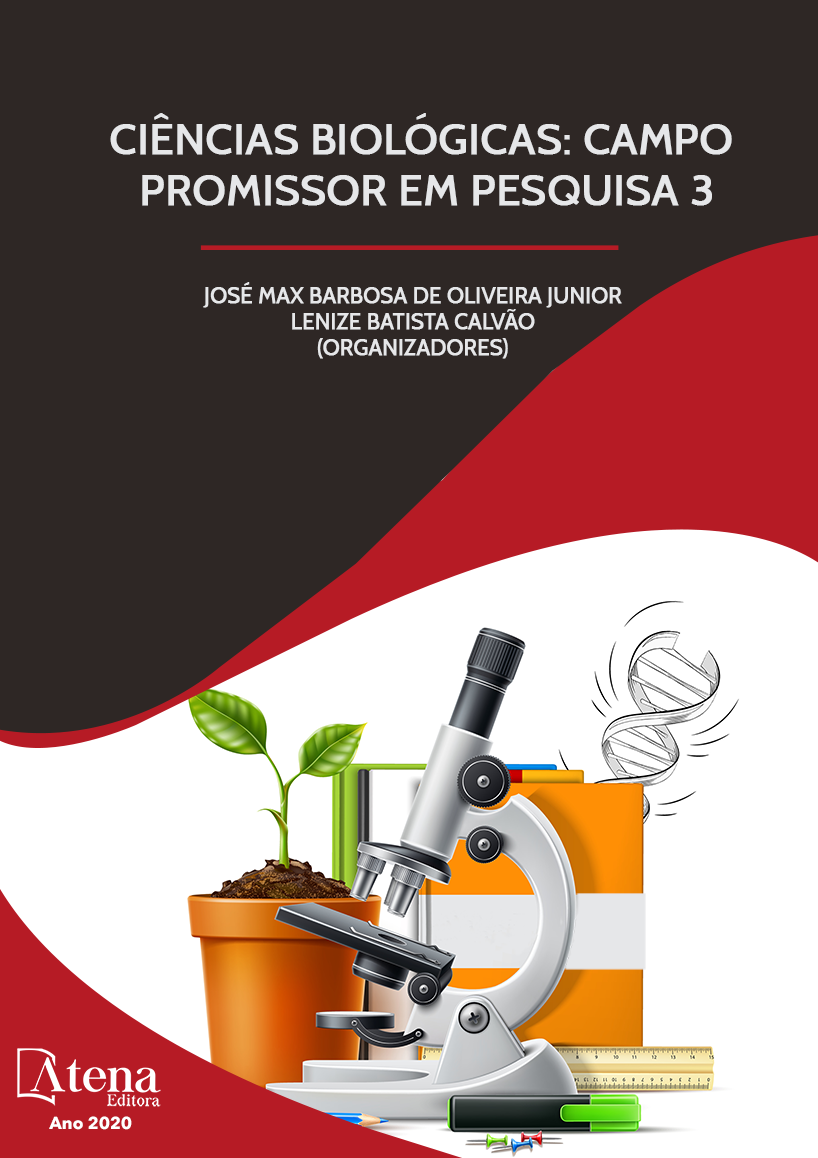
TOXICOLOGIA ORAL AGUDA DE BACILLUS THURINGIENSIS EM RATOS WISTAR
O objetivo deste estudo foi avaliar o efeito toxicológico, in vivo, de duas novas cepas de Bacillus thuringiensis (MTox 2638-1 e MTox 2974-11) em ratos, via oral. Os ratos Wistar machos foram tratados com a suspensão bacteriana, o sobrenadante e as proteínas sintetizadas pelas cepas, assim como o controle com BTh Thuricide 63, nos intervalos: 0; 24; 48h. Utilizou-se 5 ratos/tratamento, individualizados, com livre acesso à ração e água. Após 48h da aplicação dos tratamentos (HAT), os animais foram eutanasiados e o conteúdo estomacal e estômagos coletados para observação em estereomicroscópio. As fezes foram coletadas em 24 e 48 HAT e as amostras foram analisadas em eletroforese, em gel de poliacrilamida a 10%. Foi avaliada a presença de esporos de B. thuringiensis no trato gastrointestinal, cada animal foi pesado no início e no final dos tratamentos e avaliou-se o consumo de ração e água. Os resultados mostraram que nenhum dos tratamentos foi tóxico, sendo que os ratos não apresentaram sintomas de intoxicação ou alterações morfológicas nos estômagos. Não foram observadas diferenças significativas na perda ou no ganho de peso, bem como no consumo de água entre o grupo controle e os tratamentos. O consumo de ração variou significativamente apenas entre os ratos tratados com MTox 2638-1. A eletroforese SDS-PAGE revelou proteínas Cry nas amostras, e também foram observados esporos bacterianos no trato gastrointestinal e nas fezes dos animais. Assim, em ensaios de administração oral aguda, as cepas de B. thuringiensis avaliadas mostraram-se inócuas a esse grupo de vertebrados.
TOXICOLOGIA ORAL AGUDA DE BACILLUS THURINGIENSIS EM RATOS WISTAR
-
DOI: 10.22533/at.ed.25720160127
-
Palavras-chave: Biopesticidas, mamíferos, toxicidade, gastrointestinal
-
Keywords: Biopesticides, mammals, toxicity, gastrointestinal
-
Abstract:
The aim of this study was to evaluate the in vivo toxicological effect of two new strains of Bacillus thuringiensis (MTox 2638-1 and MTox 2974-11) in rats orally. Male Wistar rats were treated with the bacterial suspension, supernatant and protein synthesized by the strains, as well as the BTh Thuricide 63 control at the intervals: 0; 24; 48h Five individualized rats / treatment with free access to feed and water were used. After 48h of the application of the treatments (HAT), the animals were euthanized and the stomach contents and stomachs collected for observation in stereomicroscope. The feces were collected at 24 and 48 HAT and the samples were analyzed by electrophoresis on SDS-PAGE 10%. The presence of B. thuringiensis spores in the gastrointestinal tract was evaluated, each animal was weighed at the beginning and at the end of the treatments and the feed and water consumption were evaluated. The results showed that none of the treatments was toxic, and the rats showed no symptoms of intoxication or morphological changes in their stomachs. No significant differences were observed in weight loss or gain, as well as in water consumption between the control group and the treatments. Feed intake varied significantly only among rats treated with MTox 2638-1. SDS-PAGE electrophoresis revealed Cry proteins in the samples, and bacterial spores were also observed in the gastrointestinal tract and animal feces. Thus, in acute oral administration assays, the B. thuringiensis strains evaluated were safe to this vertebrate group.
-
Número de páginas: 17
- Shana Letícia Felice Wiest
- Harry Luiz Pilz Júnior
- Diouneia Lisiane Berlitz
- Natascha Horn
- Lidia Mariana Fiuza


